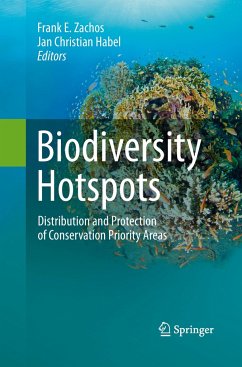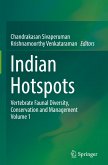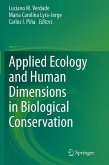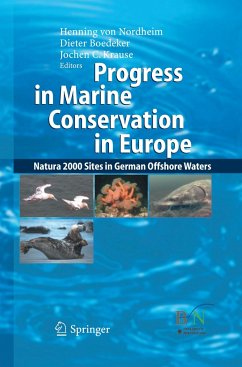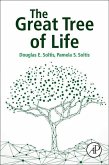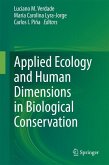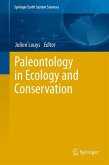Biodiversity and its conservation are among the main global topics in science and politics and perhaps the major challenge for the present and coming generations. This book written by international experts from different disciplines comprises general chapters on diversity and its measurement, human impacts on biodiversity hotspots on a global scale, human diversity itself and various geographic regions exhibiting high levels of diversity. The areas covered range from genetics and taxonomy to evolutionary biology, biogeography and the social sciences. In addition to the classic hotspots in the tropics, the book also highlights various other ecosystems harbouring unique species communities including coral reefs and the Southern Ocean. The approach taken considers, but is not limited to, the original hotspot definition sensu stricto and presents a chapter introducing the 35th hotspot, the forests of East Australia. While, due to a bias in data availability, the majority of contributions on particular taxa deal with vertebrates and plants, some also deal with the less-studied invertebrates. This book will be essential reading for anyone involved with biodiversity, particularly researchers and practitioners in the fields of conservation biology, ecology and evolution.
From the reviews:
"A 'hotspot' here signifies an area with high levels of biodiversity, endemism, and habitat loss. ... these are regions of great concern to conservation biologists and the focus of this important volume, which stems from a conference held in Luxembourg in 2009. The book includes 26 chapters by 81 contributors. ... Figure quality, including many color maps and images, is excellent. Summing Up: Recommended. Upper-division undergraduates through professionals in conservation biology." (E. J. Sargis, Choice, Vol. 49 (8), April, 2012)
"Biodiversity Hotspots: Distribution and Protection of Conservation Priority Areas nicely ... addresses other areas of high levels of interest for biodiversity. This volume is organized into six large parts, with 26 contributions. ... the whole set provides a very solid and stimulating read for professionals studying biodiversity, both academics and practitioners, and will be a basic reference for the current state ofresearch on biodiversity hotspots." (Franck Courchamp, The Quarterly Review of Biology, Vol. 88 (1), March, 2013)
"A 'hotspot' here signifies an area with high levels of biodiversity, endemism, and habitat loss. ... these are regions of great concern to conservation biologists and the focus of this important volume, which stems from a conference held in Luxembourg in 2009. The book includes 26 chapters by 81 contributors. ... Figure quality, including many color maps and images, is excellent. Summing Up: Recommended. Upper-division undergraduates through professionals in conservation biology." (E. J. Sargis, Choice, Vol. 49 (8), April, 2012)
"Biodiversity Hotspots: Distribution and Protection of Conservation Priority Areas nicely ... addresses other areas of high levels of interest for biodiversity. This volume is organized into six large parts, with 26 contributions. ... the whole set provides a very solid and stimulating read for professionals studying biodiversity, both academics and practitioners, and will be a basic reference for the current state ofresearch on biodiversity hotspots." (Franck Courchamp, The Quarterly Review of Biology, Vol. 88 (1), March, 2013)

